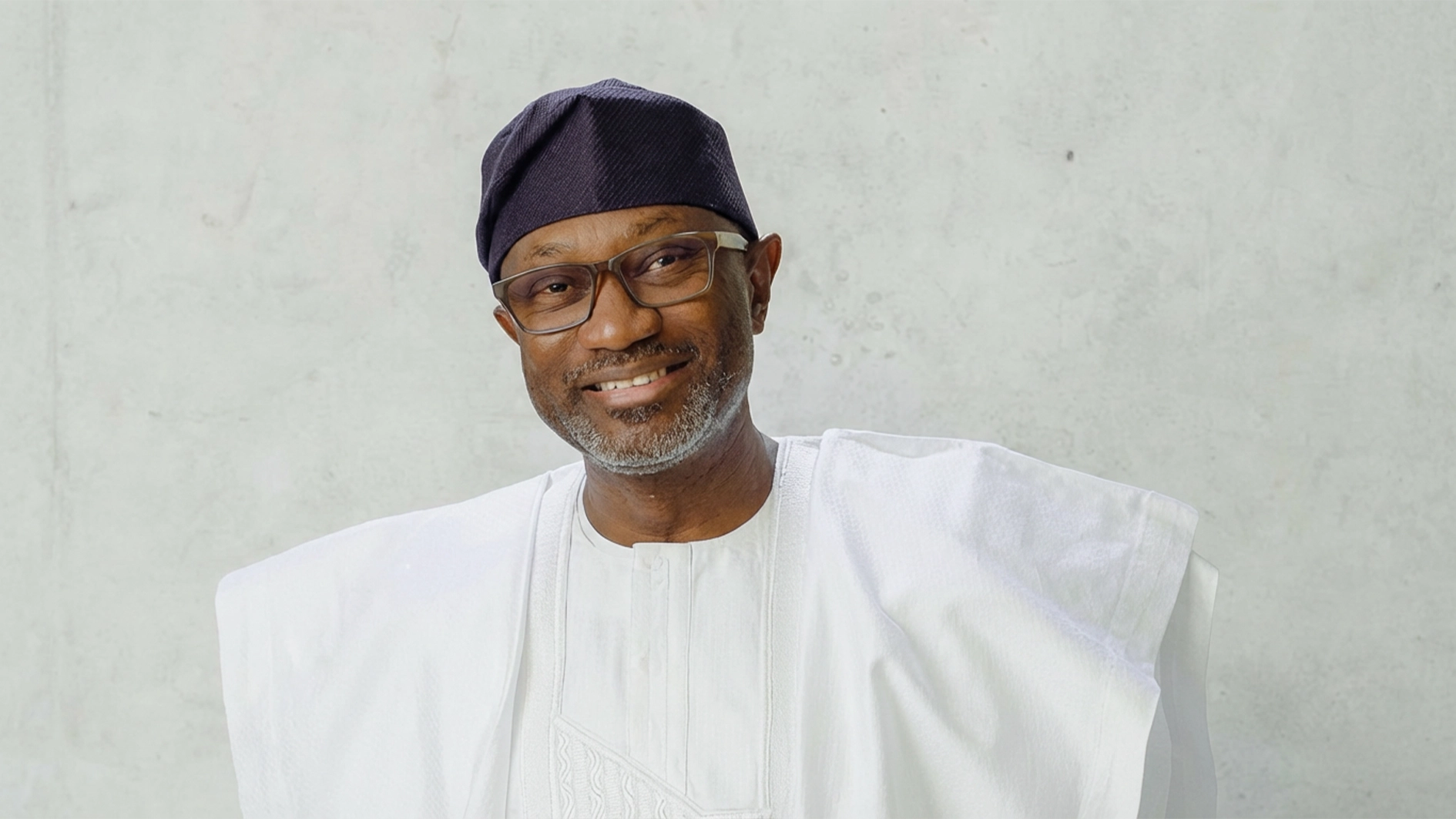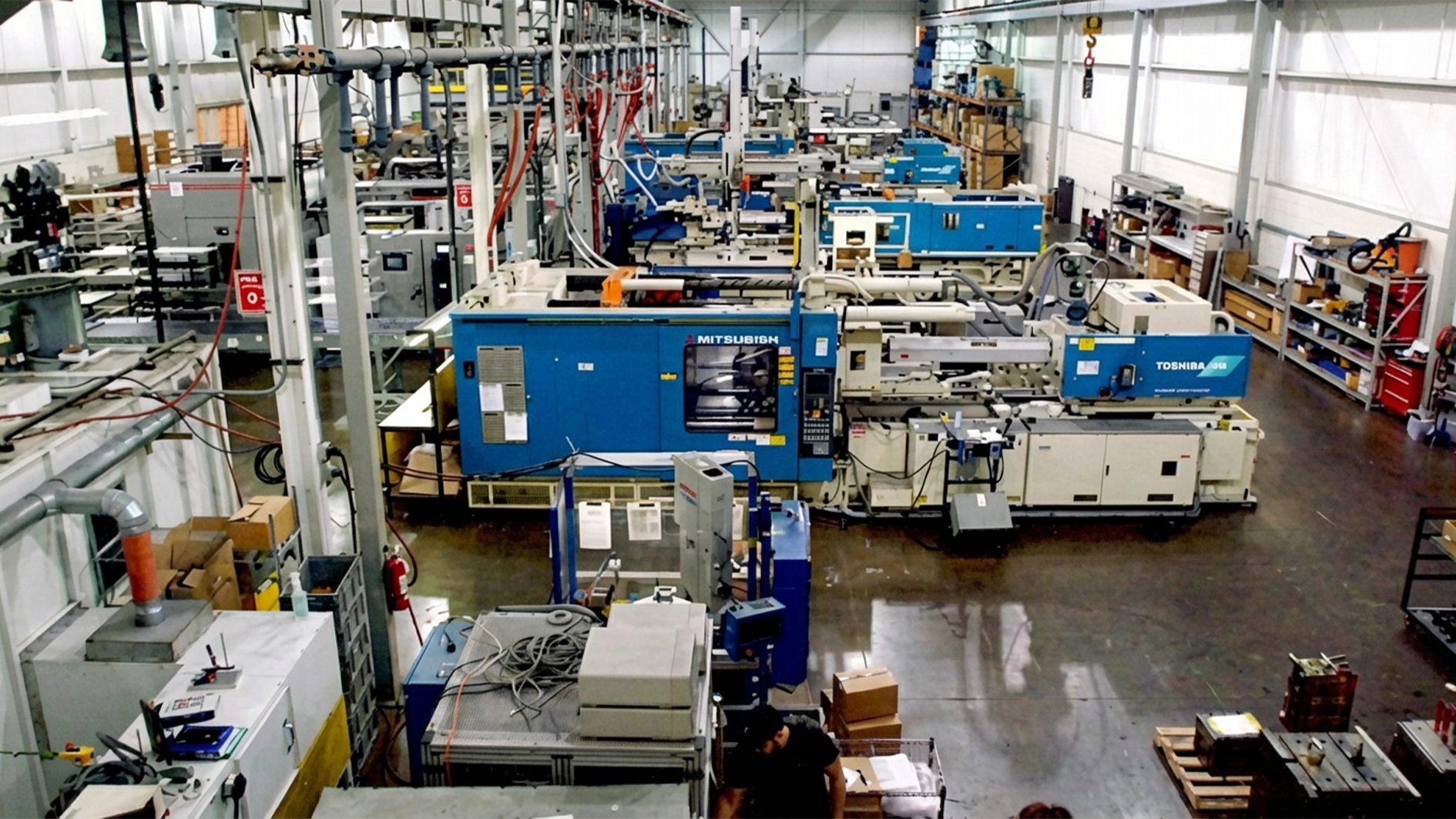Months after the Federal Government launched the Nigeria First Policy, stakeholders in the real sector said the move could accelerate innovation, resilience and long-term value, especially in the area of equipment and technology.
President, Manufacturers Association of Nigeria (MAN), Francis Meshioye, while speaking at this year’s edition of the annual Nigeria Manufacturing and Equipment/ Nigerian Raw Materials (NIRAM) Expo, held in Lagos, noted that equipment and modern manufacturing technology are two core areas in which the sector was still struggling.
He noted that as consumer expectations and regulatory pressures keep increasing, companies must, as a matter of urgency, rethink their production strategies as part of their sustainability roadmap. He added that if the policy is well implemented with total promotion of local content, patronage of locally-produced goods and support for domestic industries would have no choice than to scale up.
He regretted that local fabricators, original equipment manufacturers, innovators, raw materials researchers and producers have been left to waste away while the country constantly imports items that can be fabricated locally with the right knowledge.
He noted that only dedicated and concerted efforts channeled properly can right the numerous wrongs manufacturers in the country are currently facing.
Calling for adaptation and ingenuity in the industry, he said manufacturers must begin to produce innovations that respond to local demands and compete in the global marketplace.
“Our manufacturing is not competitive and we must change this. The only way to become relevant and stay that way is to become competitive and resilient. We have to make manufacturing desirable, attractive and do everything possible to make it a household name,” he said.
Meshioye noted that if the policy is carried out properly and companies are forced to look inwards, importing many machines and technology would become a thing of the past.
“We have the ability and manpower to build these things here, but due to one reason or another, our local technology has suffered. We export our raw materials for others to process and import them back. We must re-industrialise Nigeria to save the economy,” he said.






